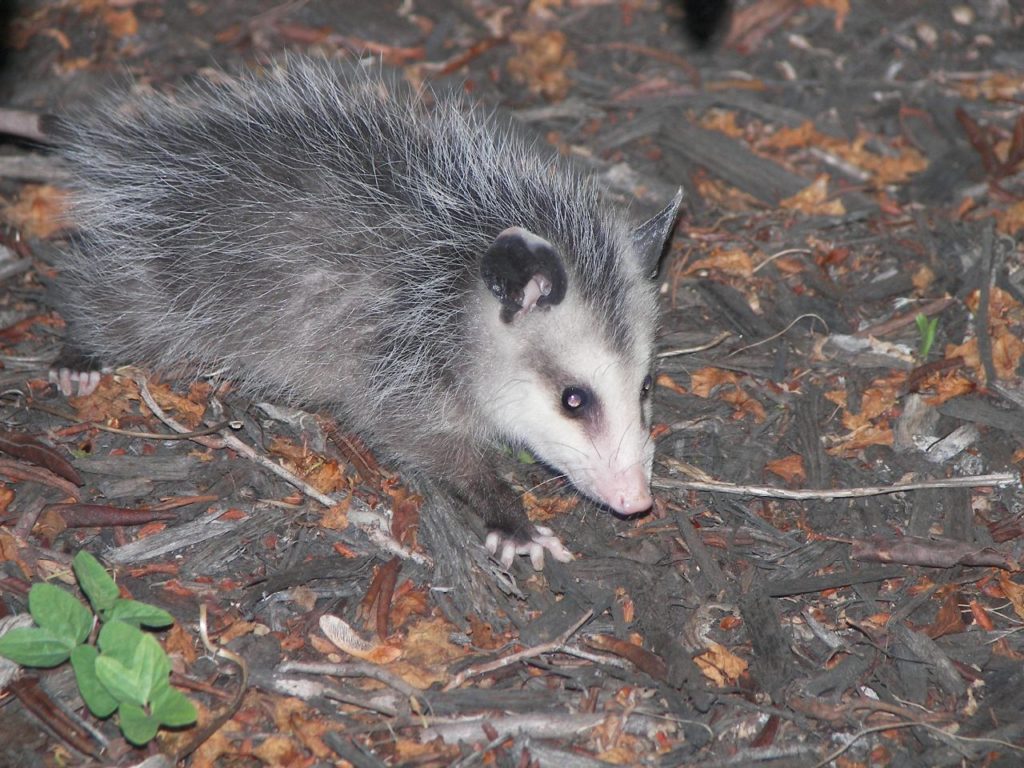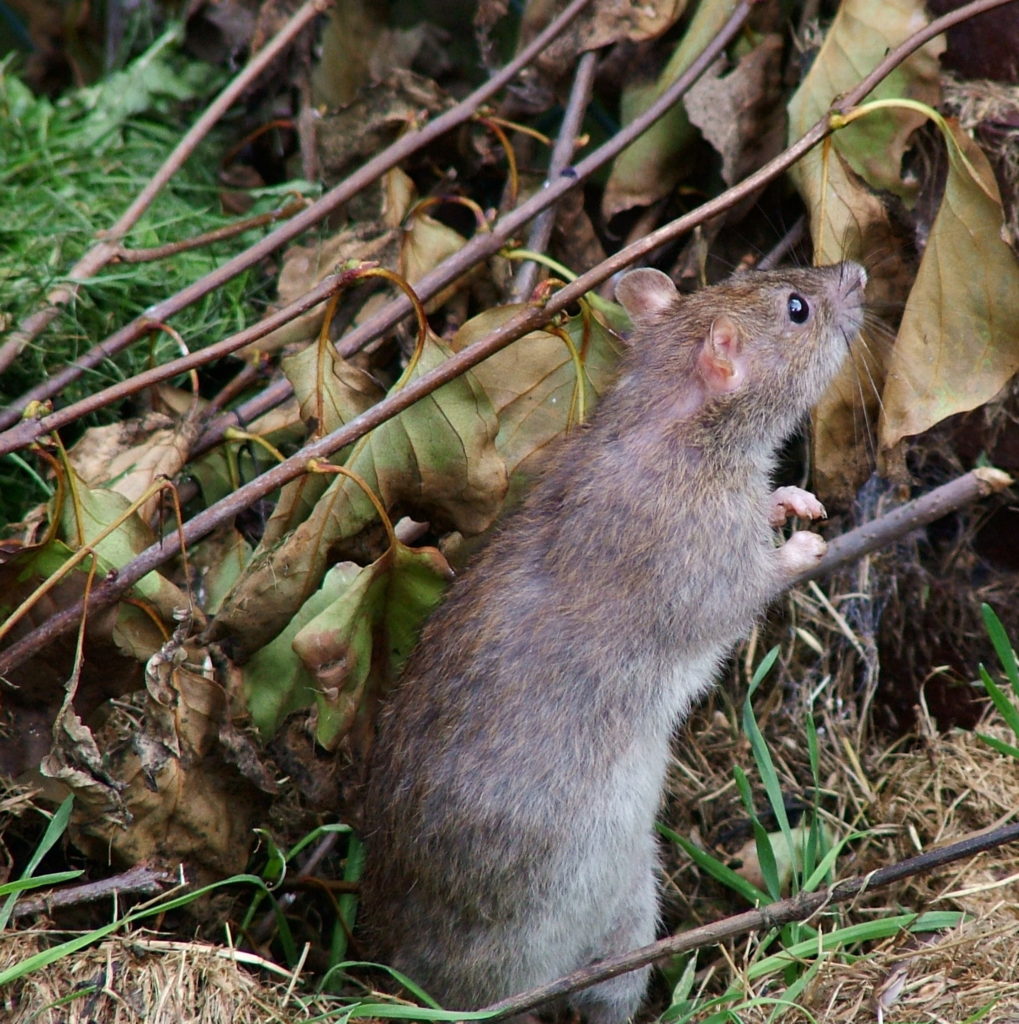Who wouldn’t want to live here in Coronado? The streets are clean. Homes are well-kept. Winters are mild and the summers are mostly cool, at least at night. While rents and home prices keep many humans away, other species have no problem finding a place to live and forage. Occasionally you’ll see a raccoon, and there are rabbits and squirrels living in and around the rocks along Ocean Blvd.
More common are rats and opossums. The two species couldn’t be more different. Opossums are good guys. They eat all manner of pests, including snails and rats. They don’t dig into the soil or destroy property. Their lifespan is only two to four years. While they do carry infectious diseases, they pose a lower risk of exposure than other animals. Most importantly, they are very resistant to rabies (the hissing, drooling, and swaying people sometimes think are signs of rabies are actually part of the opossum’s bluff intended to scare away potential predators).
They are ugly though (see above regarding hissing and drooling…). “People see a ‘possum and get all weirded out,” said Police Service Officer Christopher Bellini.
The police get a fair number of calls from residents complaining about the marsupial, as does County Vector Control. “They do a lot of good,” Bellini said. “They eat rats, snails and fruit that has fallen off trees.”
Some residents not only tolerate opossums, they care for the critters by leaving food and water out. “I’ve been doing it for many years,” said Mary Sue Keces.
“I have one now that arrives about 8pm, drinks water from a bowl and eats whatever I have left for him in the backyard. His favorite food is an overripe banana or avocado. He then scours the backyard for snails.”
While opossums work wonders in gardens, they can be a problem indoors.
Years ago an opossum came in through Keces’ cat door. She found him in the kitchen eating dry cat food. When he saw Keces, he scurried back out the cat door.
If you find a rat in your house, they too will scurry when confronted. But instead of finding their way back outdoors, they often find a new place in the house to hide. Escape routes aren’t the only differences. Rats spread a host of diseases. According to the Humane Society of the United States’ website, “Rats are considered as carriers or transmitters of more human diseases than any other life form, except maybe the mosquito.”
Of late there have been reports of a growing rat infestation on the island. In some neighborhoods rats have become the main topic of conversation. One woman said that it seemed as if the rats were walking through her walls.
There has definitely been a change in the rat population, according to Efrain Velasco, an urban etymologist with Lloyd’s Pest Control. “It’s lost its seasonality,” he said. “It used to be we didn’t hear about rats until January. Now it’s all year long.”
Velasco isn’t exactly sure why there’s been an increase, but the problem isn’t unique to Coronado. “It’s all over southern California,” Velasco said.
While he didn’t have a definitive explanation, he did point out that tree rats are tropical and maybe enjoying the long, hot, humid summers we’ve had the past few years.
Coronado’s cherished “village” atmosphere of tree-lined streets and bungalows may be another factor.
“Because there is often more vegetation and more entryways, older neighborhoods are more vulnerable,” said Chris Conlan, a vectorologist at San Diego County Department of Environmental Health’s Vector Control Department.
His agency has also seen a 12% increase in rat complaints from Coronado, but he doesn’t think it rises to a crisis. “Coronado is not a great rat house or anything,” Conlan said.
If a rat or rats have invaded your home, your best bet is to head over to your neighborhood hardware store for traps, Bellini said.
Pest control is not the city’s responsibility. People with a serious rat problem are advised to call Vector Control, but don’t expect them to take care of the problem. “They only come out if someone has an infestation, 50 or more rats,” Bellini said.
Before they get in your home, there are ways to keep rats at bay. Experts recommend inspecting your home for small holes and sealing them. A mouse can burrow in one as small as a dime and a rat can make its way through one as small as a quarter. “If their head fits they can get in no matter how chubby they are,” Conlan said.
He also recommends decluttering the garage, trimming hedges and trees, harvesting fruit, and not leaving pet food outdoors. And as many residents advised — don’t leave unscreened doors or windows open. If you do “they’ll follow you right in,” one women pointed out.
Some references for dealing with opossums and rats from the Humane Society:






